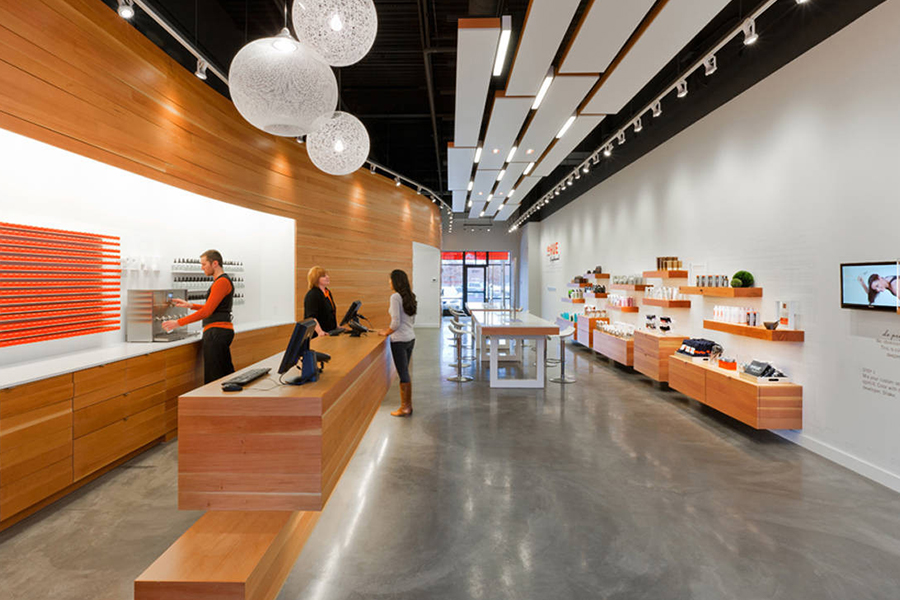Three reasons retailers want to become tech platforms
More retailers are attempting to transform themselves into full-fledged technology platforms, with good justification.
I recently wrote on a column on signs that Instacart wants to join major technology providers such as Amazon, Apple, Google and Facebook by evolving into a broadly-based tech platform. While I still stand behind that column, Instacart is hardly alone in what appear to be its technology ambitions.
Other retailers, including (but not limited to) Walmart, Target, and Kroger, have also been making moves toward transforming themselves into technology platforms. Here are three underlying reasons driving those ambitions.
Competitive advantage
Imitation is the sincerest form of flattery. As an example of this axiom in action, when a retailer obtains an edge over its rivals using a third-party solution, they attract attention, often followed by attempts to duplicate their technology success. As a longtime retail technology journalist, I can attest to retailers’ frequent reticence to publicly share the details of their IT deployments for this very reason.
Even when a retailer leverages a heavily customized version of a technology solution, or employs a “best of breed” strategy involving disparate modules from multiple vendors, inevitably their competitors will take notice of successful rollouts and either copy them outright or use them as a building block for a more advanced version.
However, retailers with a sophisticated proprietary technology lab can develop solutions that provide them with a competitive advantage that is much harder for their peers to duplicate or iterate.
The vendor life
While retailers that become technology platforms have the opportunity to keep the advantages provided by their proprietary solutions to themselves, they also have the option of sharing those advantages – for a price.
If an in-house-developed solution is good enough, retailers can turn around and sell it (or a version that doesn’t betray any company secrets) to their competitors. Amazon, the most prominent example of a retailer which successfully made the transition to tech provider, spun off its proprietary cloud computing platform into the separate Amazon Web Services (AWS) unit in 2006. AWS now serves as a significant profit driver for Amazon.
More recently, Amazon began licensing its “Just Walk Out” autonomous checkout system to retailers including Hudson Travel. Examples of retailers still pursuing tech platform evolution that are plunging into vendor waters include Target’s Roundel digital ad network and Walmart’s GoLocal same-day delivery service.
Custom fit
Even the most “vanilla” enterprise technology implementations, which utilize solutions from a single vendor to manage a large number of workflows, involve a fair amount of customization. The customization process typically involves one or several third-party specialists and can consume valuable money and time.
Retailers that operate as technology platforms sidestep the need to bring in consultants, integrators, or value-added resellers. They can develop the exact features and functions they need, while minimizing or eliminating any integration that might be required with existing infrastructure.
For example, since 2018, Kroger has been developing an automated “customer fulfillment center” (CFC) model with global online grocery retailer Ocado. Two CFCs are currently operational in Florida and Ohio, and Kroger plans to open 20 across the country in the next few years.
The in-house-developed CFC model leverages proprietary technology solutions focused on artificial intelligence (AI) and advanced robotics and automation to create more seamless and efficient fulfillment, picking and delivery capabilities for enhanced digital commerce capabilities across the U.S. CFC also represents one of the models engineered for the grocer’s flexible, vertically integrated Kroger Delivery network, which will also include smaller automated facilities and spoke locations.
Source: CSA




